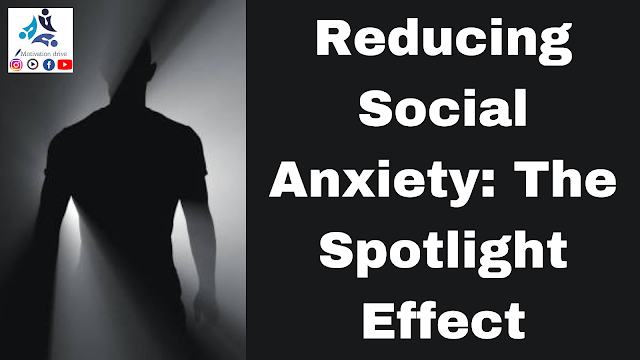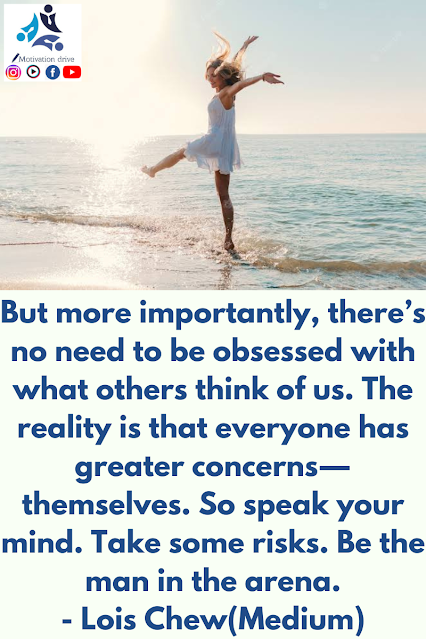Introduction In today’s professional world, hard work is everywhere. People are working longer hours, responding faster, and pushing themselves constantly to stay ahead. Activity has become the symbol of ambition. Being busy has become the symbol of importance. But there is an uncomfortable truth most people do not realize. Working harder does not always mean moving forward. In fact, sometimes working harder keeps you stuck in the same place. Imagine two workers at a construction site. Both are digging the same ground, under the same heat, with the same tools. One worker decides to dig faster. He increases his speed, puts in more effort, and tries to outperform everyone around him. The second worker pauses. He stops digging and begins building a shovel. At first, the fast digger looks productive. He gains recognition. People appreciate his effort. He appears committed and efficient. The shovel builder, however, looks slow. He appears unproductive. People qu...
Introduction
Social anxiety is a disorder in which you suffer from a long-term fear of social situations. It is more than just shyness rather it's a fear that affects our everyday activities, relationships, and self-confidence. It does not go away. The spotlight effect is even worse for people with social anxiety as has a huge impact on your ability to work. People feel uncomfortable around others and feel embarrassed all the time.Spotlight effect and its examples
The spotlight effect is a cognitive bias in which a person believes that the world is always watching him/her. In it, a person overestimates how much people notice him and thinks that people are paying much more attention to him than they actually do. In the spotlight effect, you feel like every move that you are making is under the microscope of the public eye that highlights your successes and failures, both.Very common examples of the spotlight effect include various situations like when you realize that your zipper is down, you freak out even though no one around you might have noticed. Still, you are embarrassed because you feel that everyone you passed saw you.
Ways to overcome the spotlight effect:
You can try the following ways to overcome the spotlight effect:
1. Understand that you’re not the star of the show: No matter what you think, the truth is, in this big world, you are just a grain of sand. No one stops to notice each and every grain of sand. So, just don’t take the pressure to perform for others in your daily life.
2. Become aware of others’ true reactions: Sometimes you don’t perceive things the way they are. The same is true for other people’s reactions. Whatever you think that people are thinking about you, influences your reaction. Therefore, stop predicting and start listening to their body language and their words.
3. Ask yourself - “so what”: When you see that you are overly concerned with other people’s perceptions, simply ask yourself “so what?” This question makes you realize what you’re actually afraid of, thus enabling you to control your emotions. You can use this tool as many times as you want till your stress and anxiety dissipate.
4. Self-Acceptance:
It is very important to accept yourself the way you are and value your own opinions over the opinions of others. We tend to exaggerate how much other people are being critical of us. We should give ourselves the love we seek from others. Stop pleasing others and stop trying to get their approval. By doing this, you can make yourself happy.
5. Take authentic feedback:
Many times we live in fear that other people are constantly judging us. To counter that, you can ask for authentic feedback from people around you whom you trust rather than assuming things. By doing this you can avoid the self-conscious narrative in your head about their opinions. Most times, the feedback you receive is quite positive and not as critical of you as you think.
Many times we live in fear that other people are constantly judging us. To counter that, you can ask for authentic feedback from people around you whom you trust rather than assuming things. By doing this you can avoid the self-conscious narrative in your head about their opinions. Most times, the feedback you receive is quite positive and not as critical of you as you think.


Comments
Post a Comment
Please do not add any spam link in the comment box